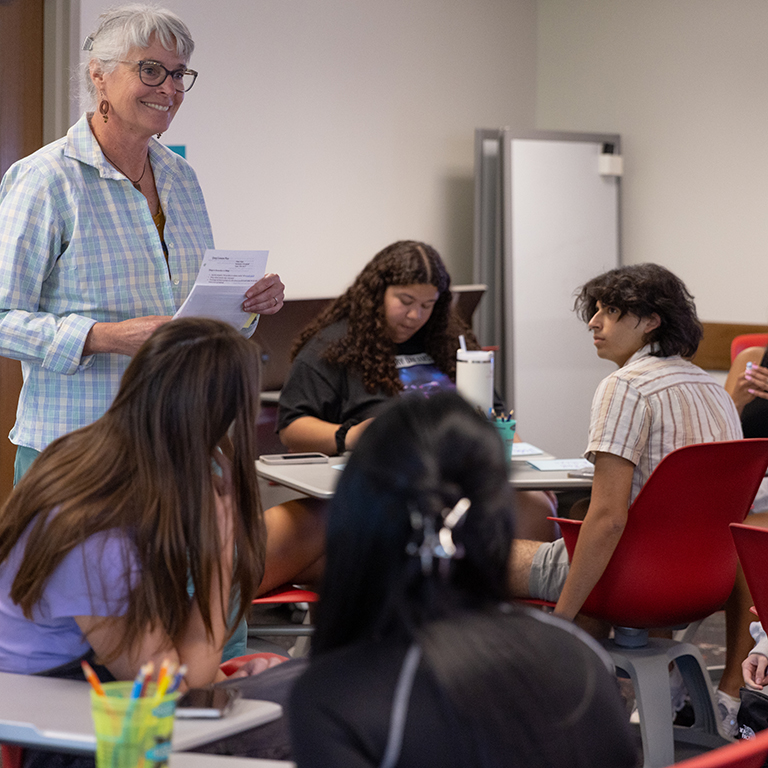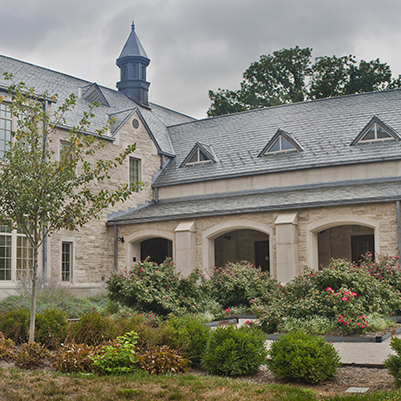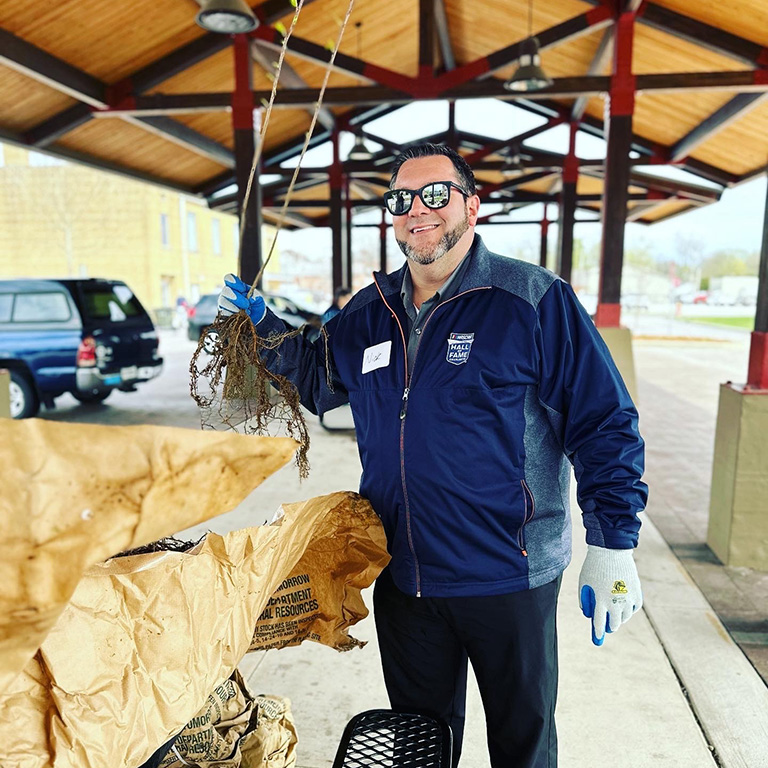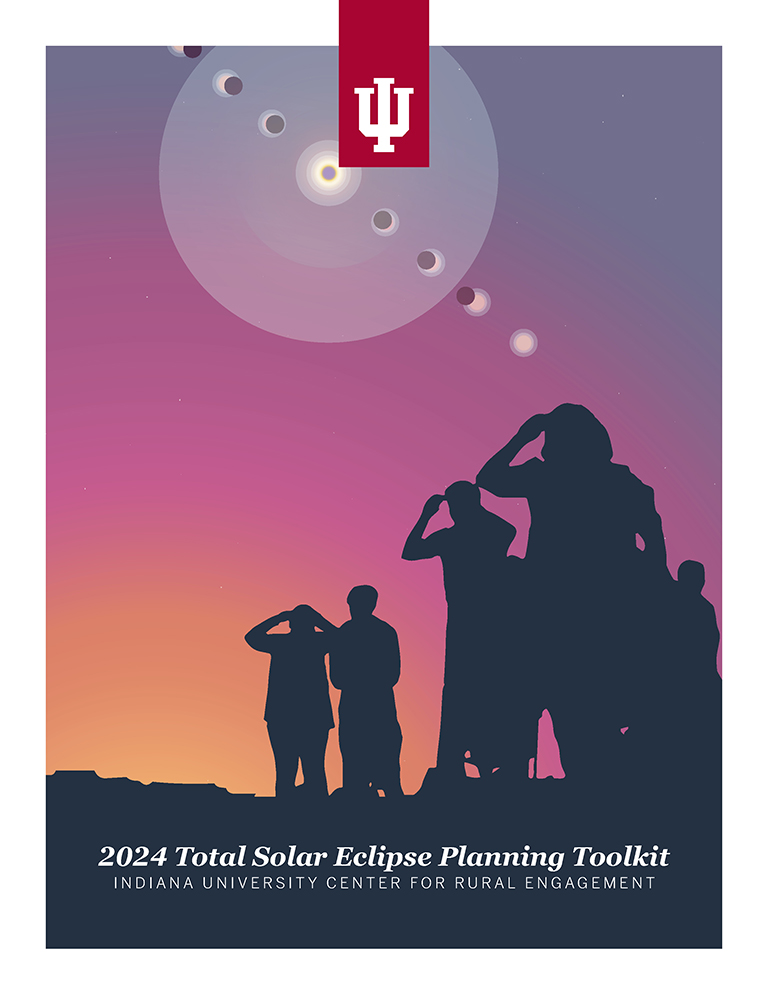Experiential learning
The experiential learning working group developed a report with recommendations for ensuring every undergraduate student participates in experiential learning activities while at IUB.
Project Inspire: Enhancing campus learning spaces
New funding was committed to renovate 2–3 dozen classrooms in Merrill Hall and biology and chemistry labs, with construction beginning in summer 2024.
Crimson Course Transformation
Select IUB schools began participating in this new initiative this year to improve student support in courses with high rates of D, F, and W grades.
IUB is seeing early progress with the lowest DFW rate in at least a decade—2% during academic year 2023–24, with even more improvement in select classes.
Instructors from nine courses participating in the Crimson Course Transformation will provide:
- Equity-focused analysis of student performance
- Feedback from students about their experiences in the course
- Workshops on equity-minded instructional strategies.
Piloted and finalized a faculty-initiated early academic alert system for students
- Enhanced the campuswide, faculty-initiated early alert system to identify challenges for students and provide support.
- Faculty will be reminded of the faculty-initiated early alert through attendance and early feedback emails.









